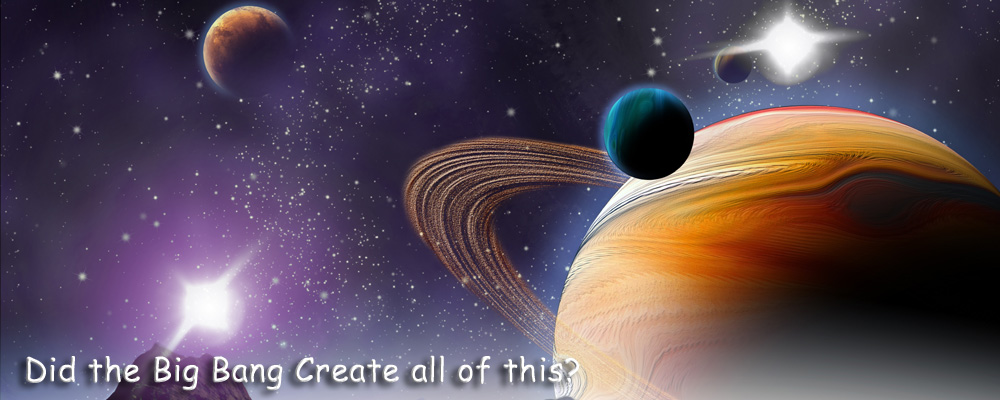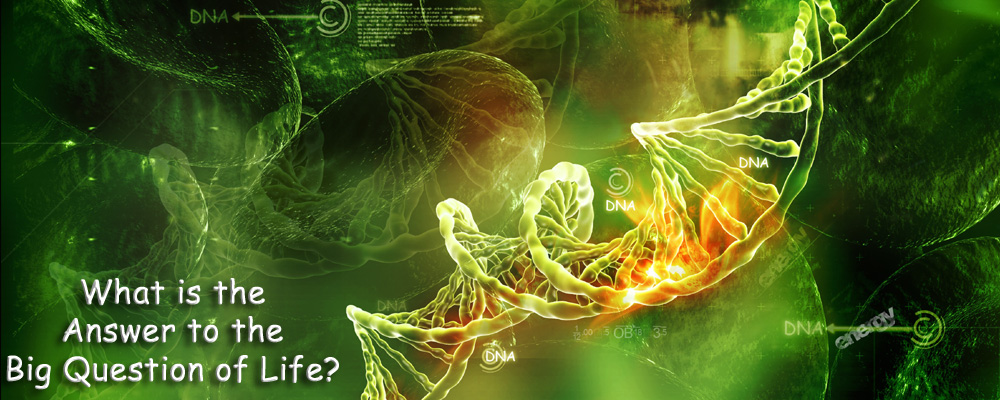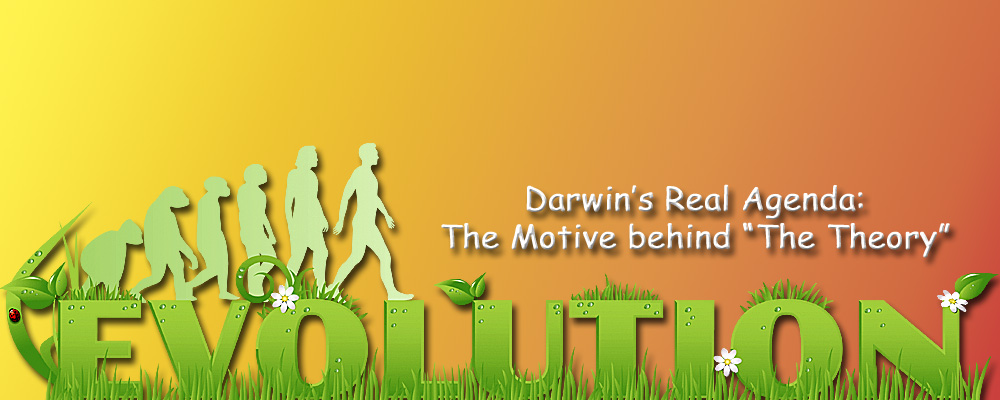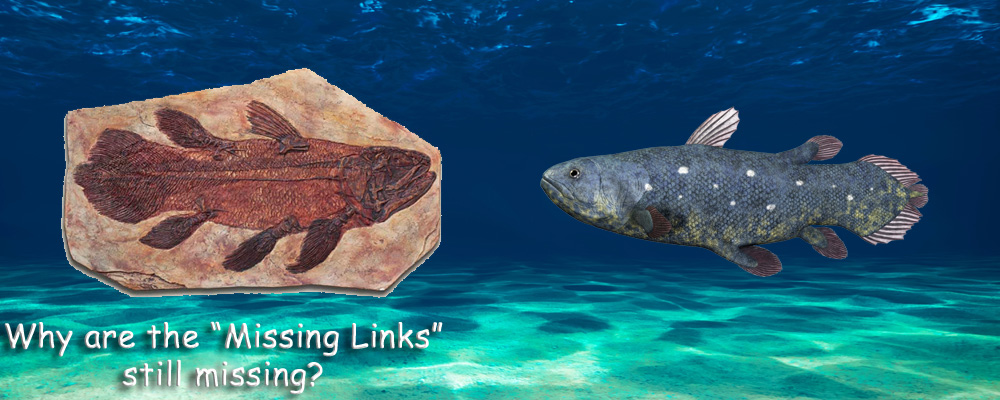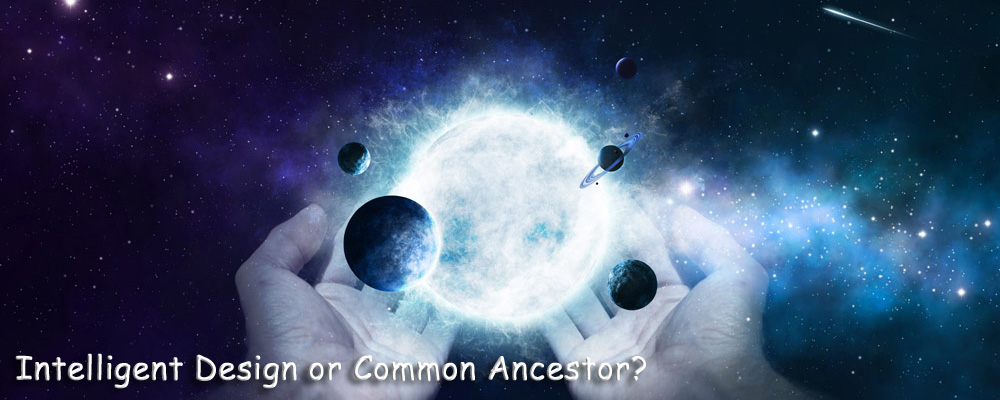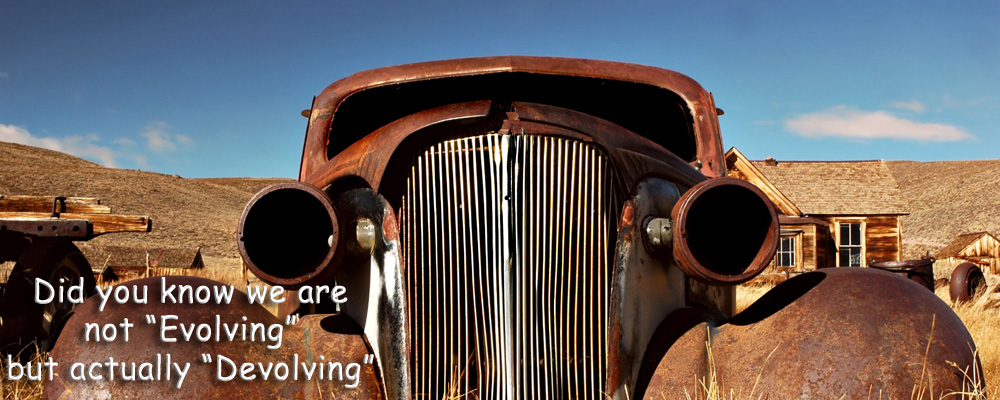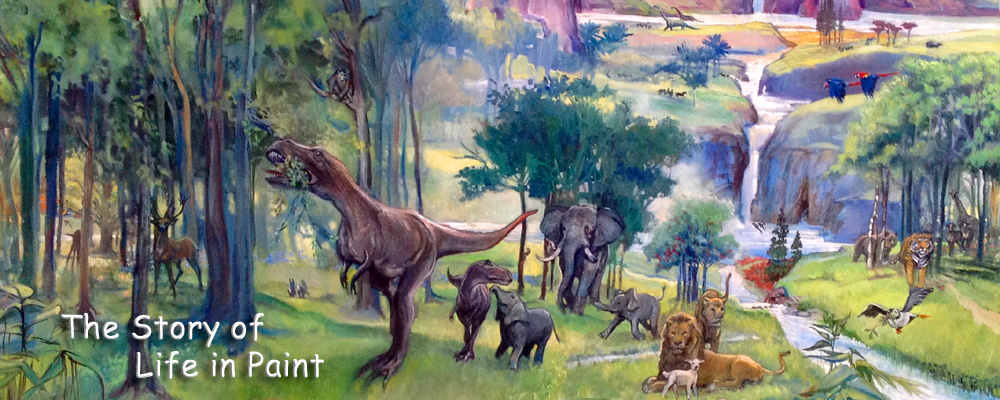



Darwinism has its dark side. Darwin actually anticipated this darkness in a chilling example of foresight. A prophetic utterance terrifyingly fulfilled during the twentieth century. Ideas have power and can give rise to the very worst that mankind is capable of producing: in this case a Holocaust.
I do not doubt that Darwin was a decent and gentle man who personally did little to hurt anyone or anything. An English gentleman who observed evidence, formulated a hypothesis that bypassed biblical accounts of creation and proposed a natural explanation for nature that seemed to explain all the evidence he had gathered. It was not unique, and others were thinking along the same lines, but it was his name that became associated with the theory of evolution. Read the story of Darwinism from a nineteenth century point of view and you can easily see why this theory was so attractive to a post Enlightenment society. Particularly one wanting to finally break the stranglehold of the Christian faith. The theory seemed to fit many of the facts as far as they were known at that time; and in this context evolution looked perfectly plausible. The Darwinian evolution of man as seen from that society at that time must have looked very good to the upper and middle classes of Britain and Europe. The white Caucasians already believed themselves superior. From their lofty position at the summit of evolution they could now look down on the so called savage races and their near cousins the primates.
So, Darwin was a pleasant enough man of his time, apart perhaps from his great idea. Because this, when put into the wrong hands, as it was during the twentieth century, became a lethal weapon directed mostly against the despised, the poor and the weak. An anti-
Darwin wrote:
"In a series of forms graduating insensibly from some ape-
So according to this doctrine, some races of man became sub-
Darwin affirms as his preferred option that some of the races of man should be designated sub-
In America Abraham Lincoln in 1855 said: "Our progress in degeneracy appears to me to be pretty rapid. As a nation, we began by declaring that "all men are created equal." We now practically read it "all men are created equal, except Negroes."
That "all men are created equal." is a statement rooted in biblical revelation. It took a man mentally fleeing from the scriptures to reinterpret this in the book The Descent of Man.
The Origin of Species was published four years after Lincoln made the remark quoted above.
Darwin actually hated slavery as he observed it: human on human. This issue however rarely features in either of his major works. Perhaps because he observed in nature slavery being used by one species of ants against another. And while his personal revulsion regarding slavery was clearly real and deeply felt, his theory, as he expressed it gave the slavery lobby the ultimate in ‘scientific’ justification, especially by suggesting that Negroes as a race were a sub species.
Stephen Jay Gould (1941–2002), a leading evolutionist, Marxist, and staunch anti-
Wilberforce was a Christian and his belief and opposition to slavery were informed by his sense of what it was to be human and his faith. Darwin had effectively abandoned that faith. He rejected the prevalent idea at the time, that there was a Great Chain of Being, with humans near the top with only the angels and God above them. Darwin’s ideas rearranged this scenario so that instead of being at the pinnacle of a great chain, we were just another species at the tip of one of the branches of a tree of life.
These beliefs set his theory of the evolution of man against the biblical revelation that had dominated thinking in the west for millennia. His view of humanity which incorporated species and sub species darkened still further as a result of his close association with Ernst Haeckel 1834 –1919. He was a German biologist, naturalist, philosopher, physician, professor and artist. You get a good impression of what Darwin thought of Haeckel from the introduction of his second book: The Descent of Man published in 1871.
Darwin says: 'This work contains hardly any original facts in regards to man; but the conclusions at which I arrived, after drawing up a rough draft, appeared to me interesting. I thought that they might interest others. It has often and confidently been asserted, that man's origin can never be known: but ignorance more frequently begets confidence than does knowledge: it is those who know little, and not those who know much, who so positively assert that this or that problem will never be solved by science. The conclusion that man is the co-
In contrast to most of Darwin's supporters, Haeckel put forward a doctrine of evolutionary polygenism based on the ideas of the linguist and polygenist August Schleicher, in which several different language groups had arisen separately from speechless prehuman Urmenschen, which themselves had evolved from simian ancestors. These separate languages had completed the transition from animals to man, and, under the influence of each main branch of languages, humans had evolved as separate species, which could be subdivided into races. Haeckel divided human beings into ten races, of which the Caucasian was the highest with the primitives doomed to extinction.
Haeckel became a leading proponent of scientific racism, stating for instance:
'The Caucasian, or Mediterranean man (Homo Mediterraneus), has from time immemorial been placed at the head of all the races of men, as the most highly developed and perfect.....This species alone (with the exception of the Mongolian) has had an actual history; it alone has attained to that degree of civilization which seems to raise men above the rest of nature.'
Darwin's admiration for Haeckel and his work is undeniable. It is certainly true that these two men to some extent held different views about the descent, or evolution of man. Haeckel thought that some human groups, such as the negroes, had developed from a species of primate. Darwin believed all the "savage races" belonged to the same human species. But as seen above, he also allowed for sub-
Nevertheless just how close Darwin was to Haeckel's position is not totally clear. His book the Descent of Man, according to his own preface may never have been published if Haekel's own work had preceded it. Darwin appeared to look up to Haeckel and drew upon his studies and presumably conclusions as validations of his own work. Evolutionary theory demands that for whatever is perceived to be at the top of an evolutionary tree, there had to be a long series of more primitive kinds that were ancestral. Humankind is seen as part of an evolutionary process which begins at the microbial level and advances through fish, amphibian, mammal, primate, hominid (ape-
One thing is for sure, the opinions of Haekel and Darwin took Caucasians and the "savage races" through to very different destinations: success for one, extinction for the other. Darwin is much more gentle than Haeckel. He looks towards the possibility of sterilising the so called weaker and less desirable types of Homo species. He falls short of suggesting this should be done by force. He ponders on the fact that it would be better if the weaker went to the wall and towards extinction, but his heart seemingly ruled his head, since he could not quite condone the awful social consequences that would occur if any positive programme was directed towards the extinction of those he considered sub species. He did however recognise that this more sympathetic route may impede the cause of man attaining his full potential.
Darwin might have averted his eyes from acting coercively against the weaker and inferior, but others were not so shy: Haeckel being one of them. Nevertheless the two of them shared in their expectations of what might occur. Both rejected the teachings of the Bible concerning the place of humankind within the sphere of nature. But unfortunately there are direct and awful consequences that arise when we choose to reject God's special creation of humankind. If all creatures are only more or less highly evolved animals, then why not aggressively, and on an industrial scale select for the best and most beautiful in terms of form and intelligence: an idea at the heart of Eugenics.
The following quote is from Scientific Origins of Eugenics / Elof Carlson, State University of New York at Stony Brook.
'The eugenics movement arose in the 20th century as two wings of a common philosophy of human worth. Francis Galton, who coined the term eugenics in 1883, perceived it as a moral philosophy to improve humanity by encouraging the ablest and healthiest people to have more children. The Galtonian ideal of eugenics is usually termed positive eugenics. Negative eugenics, on the other hand, advocated culling the least able from the breeding population to preserve humanity's fitness. The eugenics movements in the United States, Germany, and Scandinavia favoured the negative approach...Evolutionary models of natural selection and dysgenic (bad) hereditary practices in society also contributed to eugenic theory. For example, there was fear that highly intelligent people would have smaller families (about 2 children), while the allegedly degenerate elements of society were having larger families of four to eight children. Public welfare might also play a role in allowing less fit people to survive and reproduce, further upsetting the natural selection of fitter people.'
Galton was a first cousin to Darwin. His views were developed following the publication of Origin of Species.
‘Persistence in setting forth the national importance of eugenics. There are three stages to be passed through: It must be made familiar as an academic question, until its exact importance has been understood and accepted as a fact. It must be recognized as a subject whose practical development deserves serious consideration. It must be introduced into the national conscience, like a new religion. It has, indeed, strong claims to become an orthodox religious, tenet of the future, for eugenics co-
Francis Galton.
Perhaps if he had foreseen the consequences of this idea he may have recanted in favour of the biblical model. One that sees humanity as a single unit with a value beyond calculation overseen by a God who has no favourites.
There is without doubt a scientific logic to his idea. A logic, if you are prepared to follow it that is compelling. No breeder of dogs will select to breed from anything other than the best of his stock: the strongest, fittest and most intelligent. This was the thinking and later the actual procedure chosen by at least one fanatical dictator. Expunge the weak in order to facilitate the strong: a programme based on the survival of the fittest. What follows from the ink stained nib of Darwin’s pen is truly astonishing. Horrific in its intent and foresight.
Darwin wrote:
"At some future period, not very distant as measured by centuries, the civilised races of man will almost certainly exterminate, and replace, the savage races throughout the world. At the same time the anthropomorphous apes, (this means resembling man) as Professor Schaaffhausen has remarked, will no doubt be exterminated. The break between man and his nearest allies will then be wider, for it will intervene between man in a more civilised state, as we may hope, even than the Caucasian, and some ape as low as a baboon, instead of as now between the Negro or Australian and the gorilla."
Descent of Man.
Darwin is looking forward to the further evolution of the Caucasian and the eventual extinction of the lower races as he perceived it; these being the Negro and the Aborigine. He did this in order to draw a greater more obvious gap between a further advanced "civilised state" and a much lower type represented by the baboons. Darwin does gets something absolutely right, and it hardly does him credit; he prophesies a future with eugenics and extermination at its core. Within seventy years of the publication of the Descent Of Man Europe was placed in the midst of an unprecedented extinction programme on an industrial scale.
It is very difficult in the light of these remarks and his admiration of Ernst Haeckel to disassociate Darwin from the activities of the Third Reich and the sinister forced sterilisation programme practised in the United States. It is also difficult to avoid the force of the accusation that the avowed hatred of the Jews by Hitler was based on this philosophy of lower types causing the degeneration of the Aryan. Any innate hatred of the Jews may well have been a secondary factor. He may well have considered this a case of modern scientific ideas being put into terrifying but necessary effect: a biologically driven imperative.
The deputy Party leader of the Nazis, Rudolf Hess said "National Socialism is nothing but applied biology,"
Hitler argued that:
‘The Germans were the higher race, destined for a glorious evolutionary future. For this reason it was essential that the Jews should be segregated, otherwise mixed marriages would take place. Were this to happen, all nature’s efforts “to establish an evolutionary higher stage of being may thus be rendered futile.”
Mein Kampf
‘Hitler was influenced above all by the theories of the nineteenth-
Fest, Ref. 40, p. 99
Ernst Haeckel in his Natural History of Creation argued that ‘the church with its morality of love and charity is an effete fraud, a perversion of the natural order’.
A major reason why Haeckel concluded this was because Christianity: ‘ … makes no distinction of race or of colour; it seeks to break down all racial barriers. In this respect the hand of Christianity is against that of Nature, for are not the races of mankind the evolutionary harvest which Nature has toiled through long ages to produce? May we not say, then, that Christianity is anti-
That was nineteenth century science speaking. Twenty-
In his famous book called Natürliche Schöpfungsgeschichte Haeckel argues against the biblical model:
"All these five [speaking of an earlier classification than Haeckel’s own] races of men, according to the Jewish legend of creation, are said to have descended from 'a single pair' -
Darwin in the Descent of Man says almost the same thing, seemingly aping the comments of Haeckel.
"Some of these, for instance the Negro and European, are so distinct that, if specimens had been brought to a naturalist without any further information, they would undoubtedly have been considered by him as good and true species.".
Or to re-
Blacks and whites are different species according to Haeckel, and Darwin seems to agree. Haeckel divided human beings into ten races (some experts say twelve) of which the Caucasian was the most highly evolved. The primitives were doomed to extinction. Haeckel claimed that 'Negros have stronger and more freely movable toes than any other race which is evidence that Negros are related to apes because when apes stop climbing in trees they hold on to the trees with their toes.' Haeckel compared Negros to “four-
Evolutionists do not like those Creationists who suggest that this kind of teaching laid the foundations for eugenics and forced sterilisation on the one hand and Hitler and the attempted genocide of the Jewish race on the other. A race which Hitler considered must be exterminated for the greater good, the creation of a true clean bloodline, and the advancement of the most highly evolved.
However there is at least one eminent evolutionist who agrees with creationists on this point. In his Ontology and Phylogeny Harvard paleontologist Stephen Jay Gould, an evolutionist, wrote:
"Haekel's evolutionary racism; his call to the German people for racial purity and unflinching devotion to a "just" state; his belief that harsh, inexorable laws of evolution ruled human civilization and nature alike, conferring upon favoured races the right to dominate others….all contributed to the rise of Nazism.'
And never forget that Haeckel and Darwin were to all intents and purposes co-
Finally please consider in the light of all the above what may have been in Darwin's mind when he chose the title of his first and greatest work. Those chilling words, taken up by so many as justification for urging the destruction of the unwanted: the Preservation of Favoured Races which has always demanded the destruction of some perceived threat by a so called inferior or savage or deficient race.
The full title of Darwin's book is: On the Origin of Species by Means of Natural Selection, or the Preservation of Favoured Races in the Struggle for Life.

| The Gospel through Art |
| Built on Rock Websites |
| Christian Flash Mobs |
| The Ark |
| Genesis 3D Movie |
| Dinosaurs for Dummies |
| Richard Dawkins - What if? |
| More to Life |
| About Built on Rock |
| Useful Links |
| Book a Talk |

